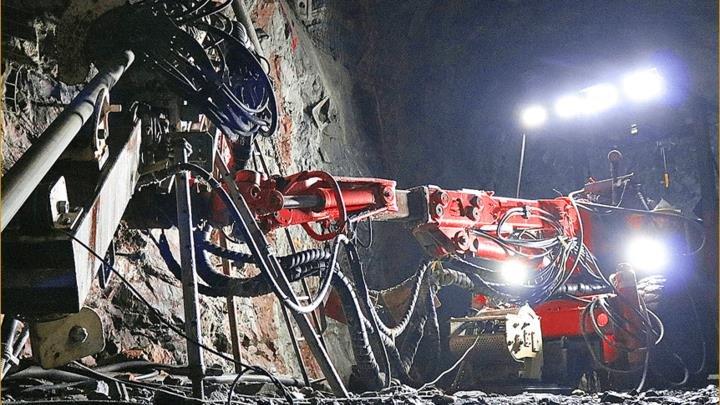What matters is what central banks do, not what they say.
Central banks do not necessarily have the public interest in mind. Because governments and shareholders are dependent on them, and the central banks strive more to protect them. To do so, they must influence the masses accordingly. For example, the Fed’s shareholders are large money market banks. Countries that are not closely tied to the US are stockpiling their gold reserves. China and Russia, for example, have increased their gold reserves substantially over the past ten years.
In the first half of 2021, Thailand, Hungary and Brazil were particularly diligent gold buyers. The background to this is probably that these three nations in particular have felt the negative consequences of the US inflation policy. That is probably why they like to store their assets in gold. In total, the global gold reserves of central banks increased by around 333 tonnes in the first six months of 2021. This figure is almost 40 percent higher than the five-year average. Looking at the pace at which central banks have been buying gold since the post-World War II era, the previous record set in 2018 will be surpassed. The Fed and other central banks are printing money and hugely inflating their balance sheets. This money can be made available for others to borrow from central banks and then service them.
The US debt-to-GDP ratio is 130 percent. From 100 percent, according to the experts, the value of the fiat currencies goes down. Also, the private investor should currently help an investment in gold or gold shares to preserve the savings. For example, with an investment in Tudor Gold or Karora Gold.
Tudor Gold – https://www.youtube.com/watch?v=gN69xRX6smk – is located with its flagship project Treaty Creek in the Golden Triangle in British Columbia (gold, silver, copper). A mineral resource estimate suggests over 27 million ounces of gold.
Karora Resources – https://www.youtube.com/watch?v=Nn7McwGnMSI – is successfully producing at its Beta Hunt and Higginsville gold mines in Western Australia. Second quarter 2021 production reached a record high of just under 30,000 ounces of gold.
Current corporate information and press releases from Karora Resources (- https://www.resource-capital.ch/en/companies/karora-resources-inc/ -).
In accordance with §34 WpHG I would like to point out that partners, authors and employees may hold shares in the respective companies addressed and thus a possible conflict of interest exists. No guarantee for the translation into English. Only the German version of this news is valid.
Disclaimer: The information provided does not represent any form of recommendation or advice. Express reference is made to the risks in securities trading. No liability can be accepted for any damage arising from the use of this blog. I would like to point out that shares and especially warrant investments are always associated with risk. The total loss of the invested capital cannot be excluded. All information and sources are carefully researched. However, no guarantee is given for the correctness of all contents. Despite the greatest care, I expressly reserve the right to make errors, especially with regard to figures and prices. The information contained herein is taken from sources believed to be reliable, but in no way claims to be accurate or complete. Due to court decisions, the contents of linked external sites are also co-responsible (e.g. Landgericht Hamburg, in the decision of 12.05.1998 – 312 O 85/98), as long as there is no explicit dissociation from them. Despite careful control of the content, I do not assume liability for the content of linked external pages. The respective operators are exclusively responsible for their content. The disclaimer of Swiss Resource Capital AG also applies: https://www.resource-capital.ch/en/disclaimer/
Swiss Resource Capital AG
Poststrasse 1
CH9100 Herisau
Telefon: +41 (71) 354-8501
Telefax: +41 (71) 560-4271
http://www.resource-capital.ch
Telefon: +49 (2983) 974041
E-Mail: info@js-research.de
![]()

